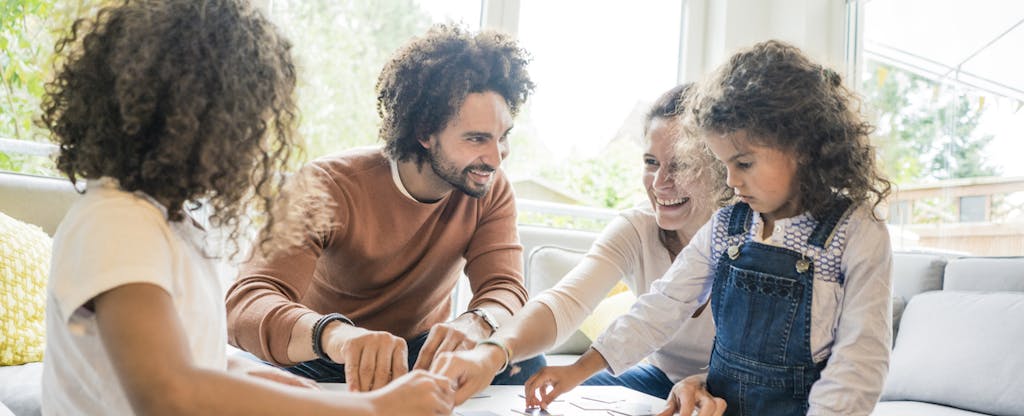In a Nutshell
The average cost to buy a house varies depending on where you live. If you’re in the market for a home, you’ll want to factor in costs such as your down payment and closing costs as well as monthly mortgage payments and ongoing maintenance.If you’re thinking of buying a home for the first time, you’re probably wondering, “What does it cost to buy a house?”
Let’s take a closer look at some of the common costs and the questions you should ask yourself before you decide to buy.
Upfront home buying costs
Here are a few big upfront costs you only have to pay once.
Down payment
A down payment is likely your main upfront cost. Unless you’re getting a USDA loan or VA loan backed by the government, you’ll probably need to put money down on the home.
You’ll want to consider putting down 20% of the home’s purchase price to get a lower interest rate. But keep in mind that some lenders now offer conventional loans for as little as 3% down, and Federal Housing Administration (FHA) loans, allow as little as 3.5% down.
You may also need to make an “earnest money deposit,” which signals to seller, realtor and mortgage lender, that you intend to go through with the home purchase.
Closing costs
Closing costs are fees you have to pay when you close on your mortgage. They can vary from 2% to 7% of the home’s purchase price and are often split between the buyer and seller.
Here are some common closing costs.
- Title insurance
- Prepaid property tax and prorated property tax
- Homeowners insurance
- Home inspection fee
- Appraisal fee
- Loan origination fee
Recurring home ownership costs
Your monthly mortgage payment is likely to be your biggest recurring cost as a homeowner.
Here are a few other home ownership costs:
- Homeowners insurance and property taxes — You’ll typically have to prepay homeowners insurance and property taxes at closing, and you should pay them on an ongoing basis as long as you own the home. The costs depends on your home and location. If you have an escrow account set up, these charges roll up into your monthly mortgage payment. If you don’t have an escrow account, you’ll need to pay them on your own.
- Mortgage insurance — If you take out a conventional loan and put down less than 20%, you may have to pay private mortgage insurance, which protects the lender financially. You can typically request for PMI to be canceled once you reach 20% equity in your home. If you take out an FHA loan, you have to pay mortgage insurance, though you may be able to cancel your insurance once you pay down enough of your loan.
- Homeowners association fees — Some planned neighborhoods or condo buildings charge ongoing maintenance fees, which vary greatly depending on amenities and home size.
- Maintenance — Depending on the age and condition of the home, you’ll face ongoing repairs and maintenance costs.
Next steps: Getting your finances ready to buy a home
If you’re ready to buy a house review your finances to make sure they’re in order. Check your credit scores and credit reports and clean up any errors you may find.
You’ll also want to calculate how much home you can afford. Once you know your budget, consider applying for prequalification or preapproval. Shop around and compare several potential rates to make sure you get the best rates and terms.


